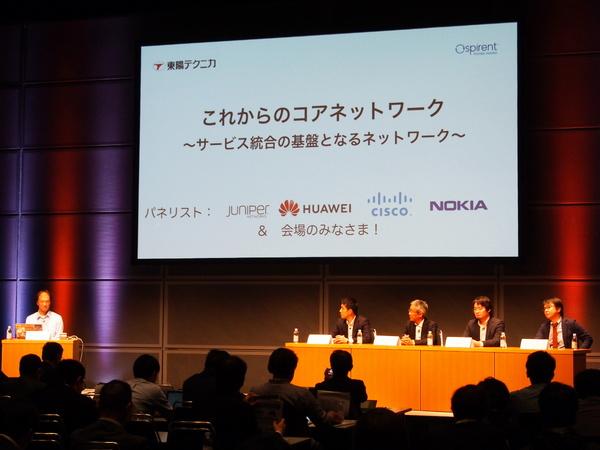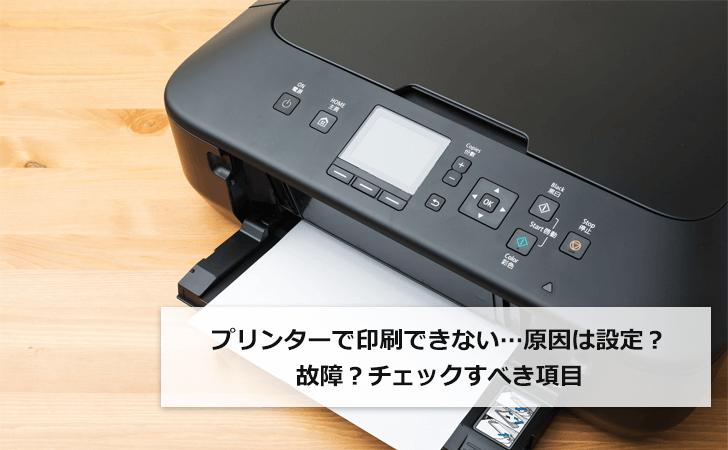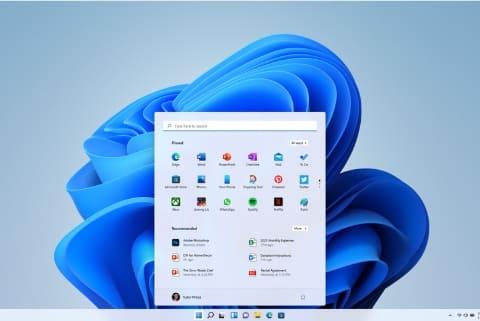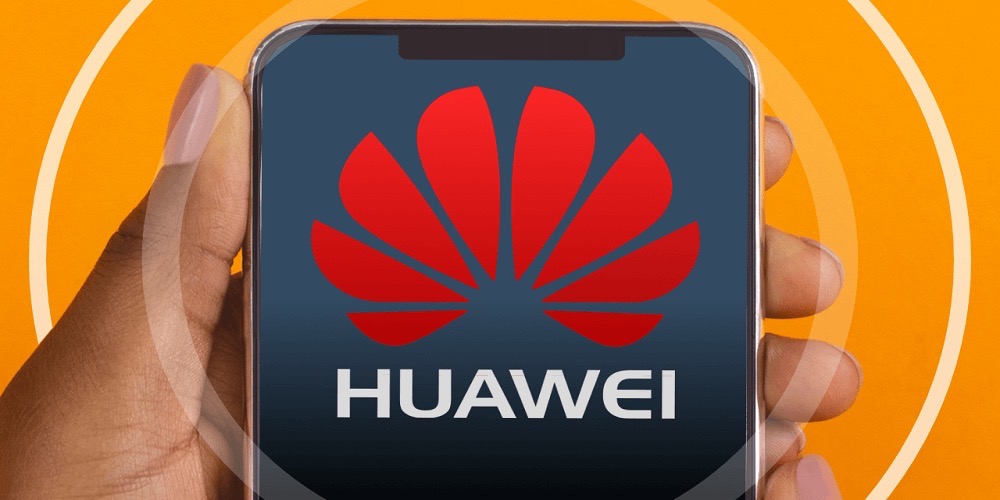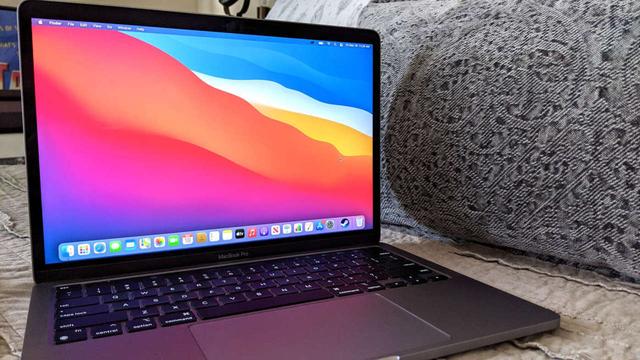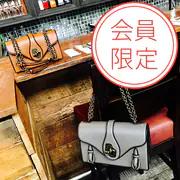Angle: Huawei, China swayed by exec...
11
04
Angle: Huawei, China swayed by executive arrest, what's wrong?
● What kind of company is Huawei?
Huawei is the world's largest supplier of telecommunications network equipment and the second largest smartphone manufacturer. Last year's sales were about 92 billion dollars (about 10 trillion yen). Unlike other major Chinese tech companies, its main market is overseas, and it is the largest market in many countries in Europe, Asia and Africa.
Huawei was founded in 1987 by Ren Zhengfei from the PLA. It is still unlisted and the shares are held by employees, but the structure has not been clarified. Headquartered in Shenzhen, a technology hub city in southern China, it employs approximately 180,000 people.
● How did Huawei achieve such success?
Huawei was one of the few telecommunications equipment suppliers pioneers when China spent a lot of money on telecommunications network modernization and relied on imports for a lot of equipment. Huawei entered the overseas market in the 1990s and became known for its pricing far below its rivals.
Competitors have positioned Huawei as a cheap distributor of counterfeit products and have filed a lawsuit alleging that companies such as network equipment giant Cisco Systems and Motorola have stolen their trade secrets.
However, Huawei has invested a lot of money in research and development, and is now regarded as the world's most advanced in the fields of communication network technology and high-end smartphones. In contrast, Western rivals such as Nokia, the Finnish telecommunications giant, and Ericsson, the Swedish telecommunications giant, have been suffering from poor performance in recent years.
Huawei is now expanding into new areas such as semiconductor development, artificial intelligence (AI), and cloud computing.
● Why some countries eliminate Huawei products
Huawei is linked to the Chinese government, and its products may have embedded "back door" features that government spies can use, US intelligence agencies said. Evidence has not been released, but Huawei has often denied the allegations.
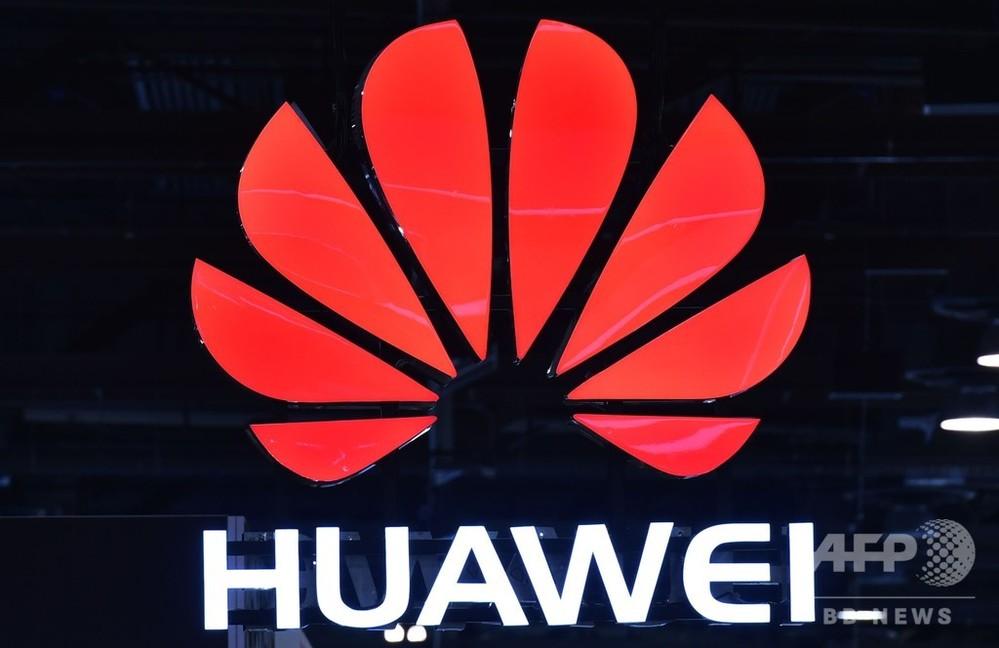
But the suspicions have not disappeared. The current concern is the construction of next-generation high-speed communication "5G" technology led by Huawei. China's new law, which requires domestic companies to support the government on request, is also a cause for concern.
The US government has announced a policy to keep Huawei out of the US market, such as banning government procurement of Huawei products and suspending government support for telecommunications companies that use the products. Verizon Communications and AT & T have terminated their contract to sell Huawei smartphones this year.
Even Canada, the United Kingdom, and Germany, the United States' closest allies, have not taken concrete action against Huawei, saying they have taken sufficient steps to ensure the security of their equipment. But Australia and New Zealand have recently banned Huawei from participating in the construction of 5G networks. Germany and others seem to be working to re-examine this issue.
● Is Meng's arrest related to security issues?
U.S. officials haven't disclosed what led to Meng's arrest, but sources familiar with the matter told Reuters that the arrest was related to a breach of US trade sanctions.
About six years ago, Reuters reported on Meng's connection with a company called Skycom Tech, which was trying to sell embargoed Hewlett-Packard (HP) computer equipment to Iran's mobile phone giant. rice field.
● Are there any other Chinese companies that have been pointed out to violate sanctions against Iran?
Huawei's competitor ZTE has pleaded guilty to exporting US products and technology to Iran last year for violating US sanctions on Iran. This year, the U.S. Department of Commerce banned parts from U.S. companies for violating ZTE's grace agreement with U.S. authorities over the issue. As a result, ZTE fell into a situation where its main business was suspended.
After that, a new agreement was reached at the direction of US President Trump, and the ban on parts procurement was lifted. This was perceived as a concession by Mr. Trump to China's President Xi Jinping, and there were surprises and anger from within the US government.
● Is it related to the US-China trade war?
The investigation into sanctions against Iran began long before the trade war. But the timing of this arrest will only complicate the matter shortly after President Trump and President Xi have agreed on a truce.
Financial markets fell across the board on the news of arrests, fearing that the truce would be overturned. On the other hand, there is no evidence that the arrest was not a bad coincidence, but a deliberate provocation on the part of the United States.
● What will happen to Huawei next?
A ban on the procurement of US-made parts, such as the one imposed on ZTE, would be a big blow to Huawei, but there is no reason to do so immediately. If the arrest triggers a harsh response to Huawei, especially in major European countries, it will have a long-term impact on Huawei's growth and influence.
Still, as China strives to catch up with the United States in difficult areas such as semiconductor development, Huawei, the centerpiece of China's high-tech industry, will undoubtedly remain a strong force for the long term.
(Translation: Kako Yamaguchi, Editing: Noriko Ito)
Copyright Reuters 2018 All rights reserved

